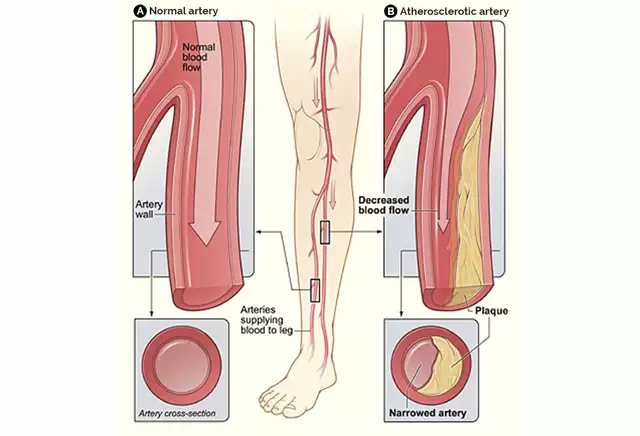
The Importance of Regular Health Screenings for Aging Adults
Understanding the Concept of Health Screenings
Health screenings are an essential part of preventive healthcare, particularly for aging adults. These screenings consist of tests, physical examinations, or other procedures that help to detect diseases early in their most treatable stages. As an aging adult, regular health screenings might seem like a daunting task, but they are crucial for maintaining good health and quality of life. They are the first line of defense against many health problems that become increasingly prevalent with age.
The Role of Regular Health Screenings in Disease Prevention
Health screenings play a pivotal role in disease prevention. They help to identify potential health issues before they become serious. By catching health problems early, treatments can be more effective, and the chances of recovery can be higher. For aging adults, this can mean keeping chronic diseases such as heart disease, diabetes, cancer, and osteoporosis at bay. Regular screenings can also help to prolong life expectancy and maintain a better standard of living.
Types of Health Screenings for Aging Adults
There are numerous health screenings that aging adults should consider. These include blood pressure checks, cholesterol checks, bone density tests, diabetes tests, eye and hearing exams, cancer screenings, and cardiovascular disease screenings. Each of these screenings is designed to catch potential health problems early. The type and frequency of health screenings will depend on an individual's age, health history, lifestyle habits, and family history of diseases.
The Significance of Regular Blood Pressure Checks
High blood pressure, or hypertension, is a common health issue among aging adults. Regular blood pressure checks can help to detect this condition early and prevent serious complications such as heart disease and stroke. Blood pressure checks are simple, quick, and painless, making them an easy addition to any regular health screening regimen.
Keeping Cholesterol Levels in Check
Cholesterol screenings are another crucial part of regular health checkups for older adults. High cholesterol levels can lead to the buildup of plaque in your arteries, which can increase the risk of heart disease and stroke. Regular cholesterol checks can help to identify high cholesterol levels early and allow for timely treatment.
Importance of Bone Density Tests and Osteoporosis Screening
As we age, our bones can become weaker and more brittle, increasing the risk of fractures and breaks. Bone density tests can detect osteoporosis early before any fractures occur. With timely detection and treatment, it's possible to slow or even stop bone loss, decrease the risk of fractures, and maintain a better quality of life.
Staying Ahead of Diabetes
Diabetes is a common condition among aging adults and can lead to a series of other health problems such as kidney disease, heart disease, and nerve damage. Regular diabetes screenings can help to detect this condition early, allowing for better management and control of the disease.
The Role of Regular Eye and Hearing Exams
Regular eye and hearing examinations are important to maintain quality of life and independence. Age-related issues such as macular degeneration, cataracts, glaucoma, and hearing loss can be detected and managed effectively with regular screenings.
Preventing Cardiovascular Diseases
Cardiovascular diseases, including heart disease and stroke, are among the leading causes of death in aging adults. Regular cardiovascular screenings can help to identify risk factors, such as high cholesterol and high blood pressure, early on. This allows for early intervention and management, which can significantly reduce the risk of serious complications.





Written by Jakob Fitzroy
My name is Jakob Fitzroy, and I am an expert in pharmaceuticals with a passion for writing. I have dedicated my life to studying medication and understanding how it affects various diseases. My goal is to educate people about the importance of proper drug therapy and prevention methods. I have authored numerous articles, providing valuable insights on medication, its development, and its impact on patients. My driving force is to contribute to the ongoing fight against diseases and improve the overall health and well-being of people around the world.
All posts: Jakob Fitzroy